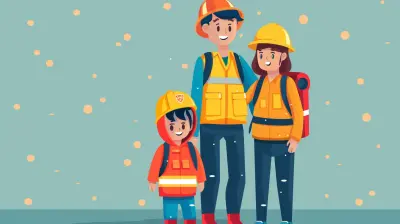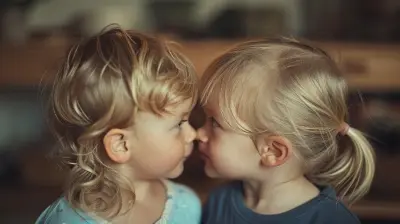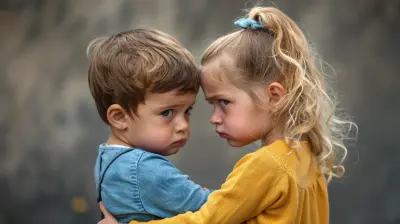How to Use Playdates to Boost Your Toddler’s Social Skills
6 August 2025
As parents, we all want to raise kids who are not only happy and healthy but also kind, confident, and socially capable. But let’s be real—toddlers aren’t exactly known for their amazing social skills. Sharing? Taking turns? Those are foreign concepts in the toddler universe!
That’s where playdates come in. Playdates are more than just a chance to sip lukewarm coffee while your kid bounces off the walls with another tiny tornado. When used intentionally, they can be a powerful tool to help your child grow socially and emotionally.
In this post, we're going to unpack how to use playdates to boost your toddler’s social skills, without the stress, the comparisons, or the Pinterest-worthy pressure. So grab a cup of coffee (or reheat the one you forgot about), and let’s dive in.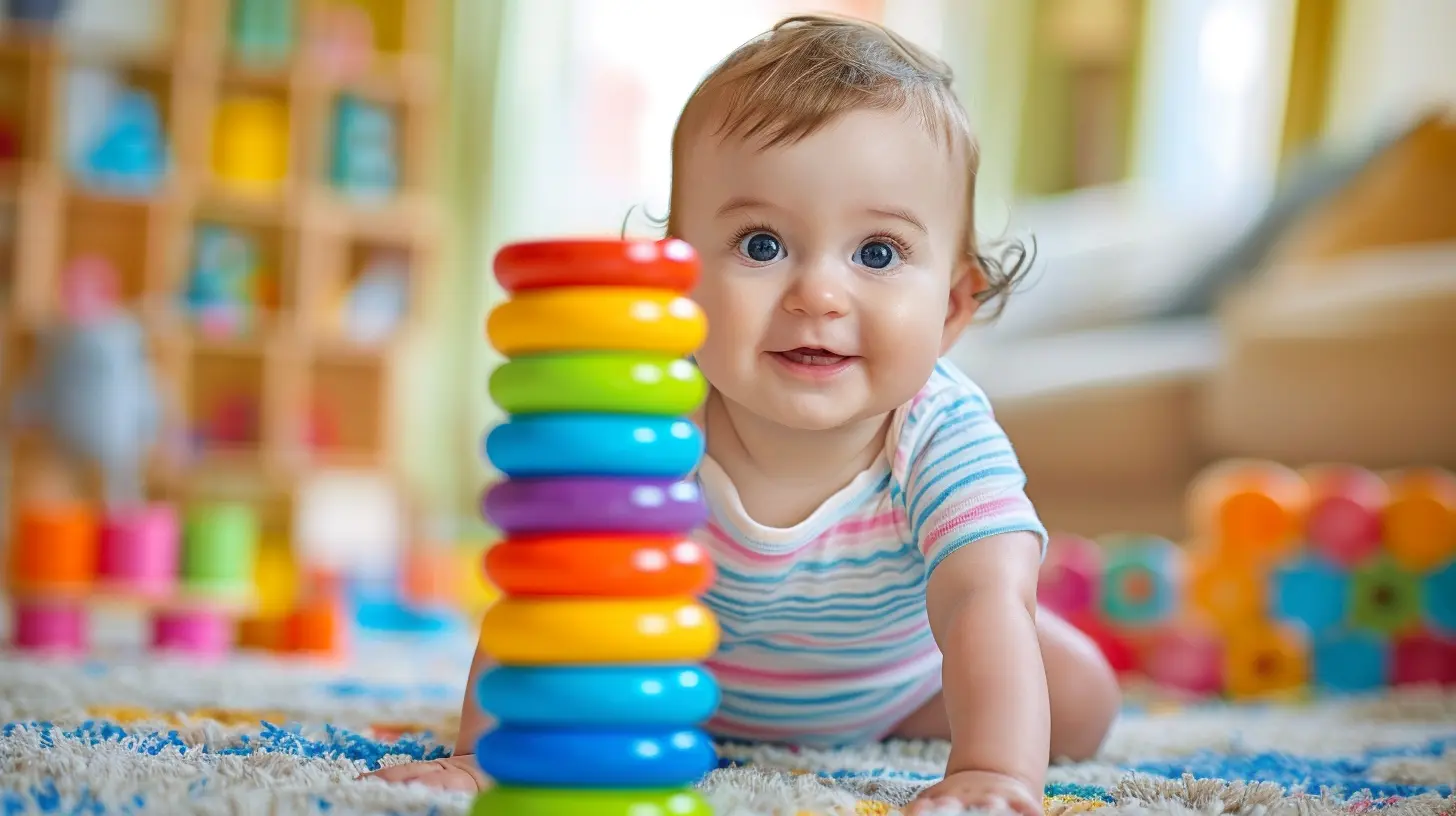
Why Social Skills Matter in Toddlerhood
Before we get into the how, let’s talk about the why. Toddlers are at a prime stage of development—they’re learning to express needs, manage big feelings, and figure out how relationships work outside the family bubble. Social skills like empathy, communication, and cooperation don’t magically appear. They’re learned through real-life practice.Think of social development like learning to ride a bike. You don’t start on a mountain trail—you start with training wheels. Playdates? Those are the training wheels of social interaction.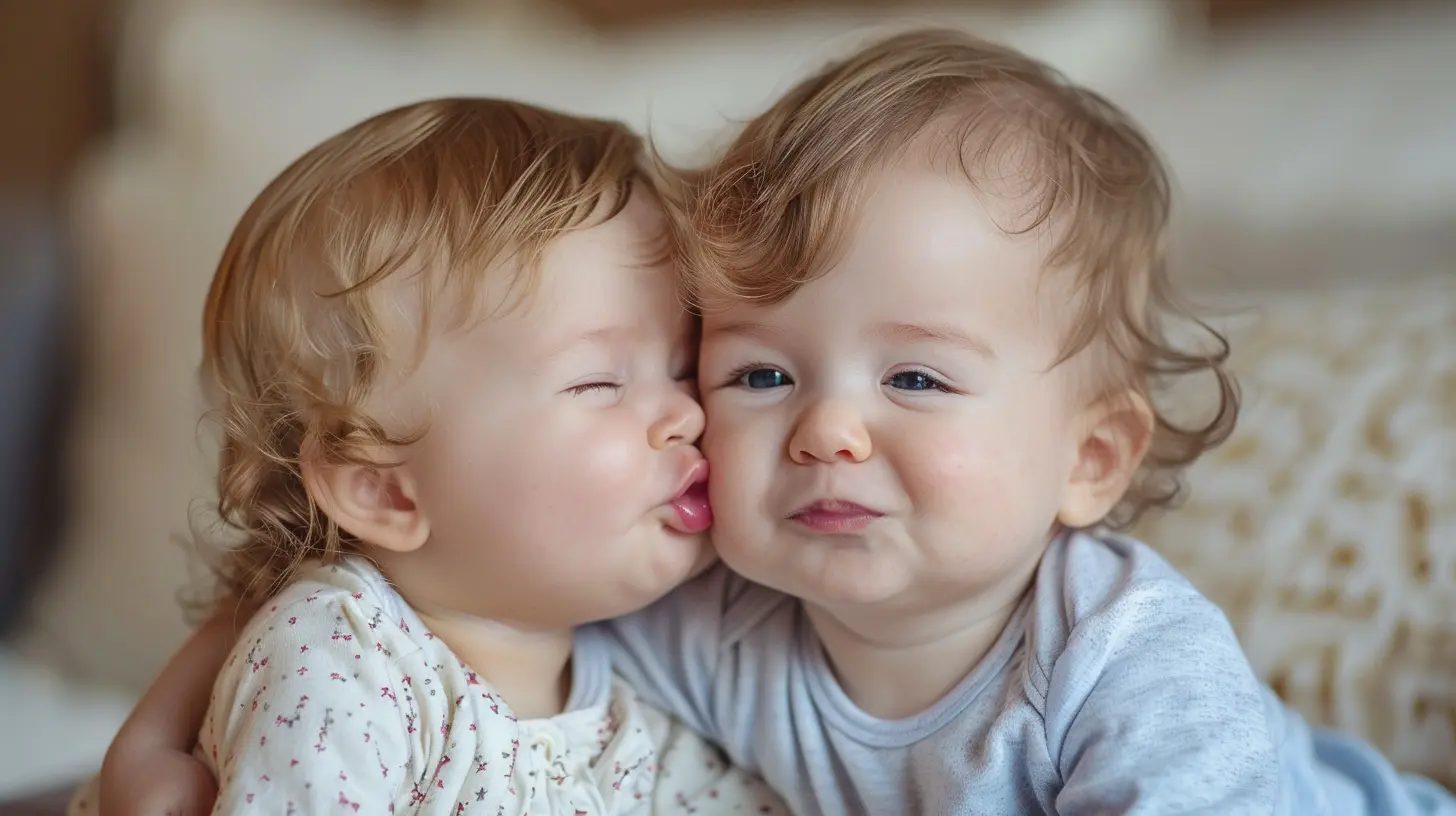
The Magic of Playdates
Playdates give toddlers a safe, low-pressure environment to:- Practice sharing (or at least try)
- Take turns
- Communicate wants and frustrations
- Understand personal boundaries
- Learn empathy by observing peers
It’s kind of like a social sandbox where they can dig into all kinds of scenarios—without the rules and pressures of more structured settings like preschool.
But let’s be honest—for the magic to happen, you need a little planning and a whole lot of patience.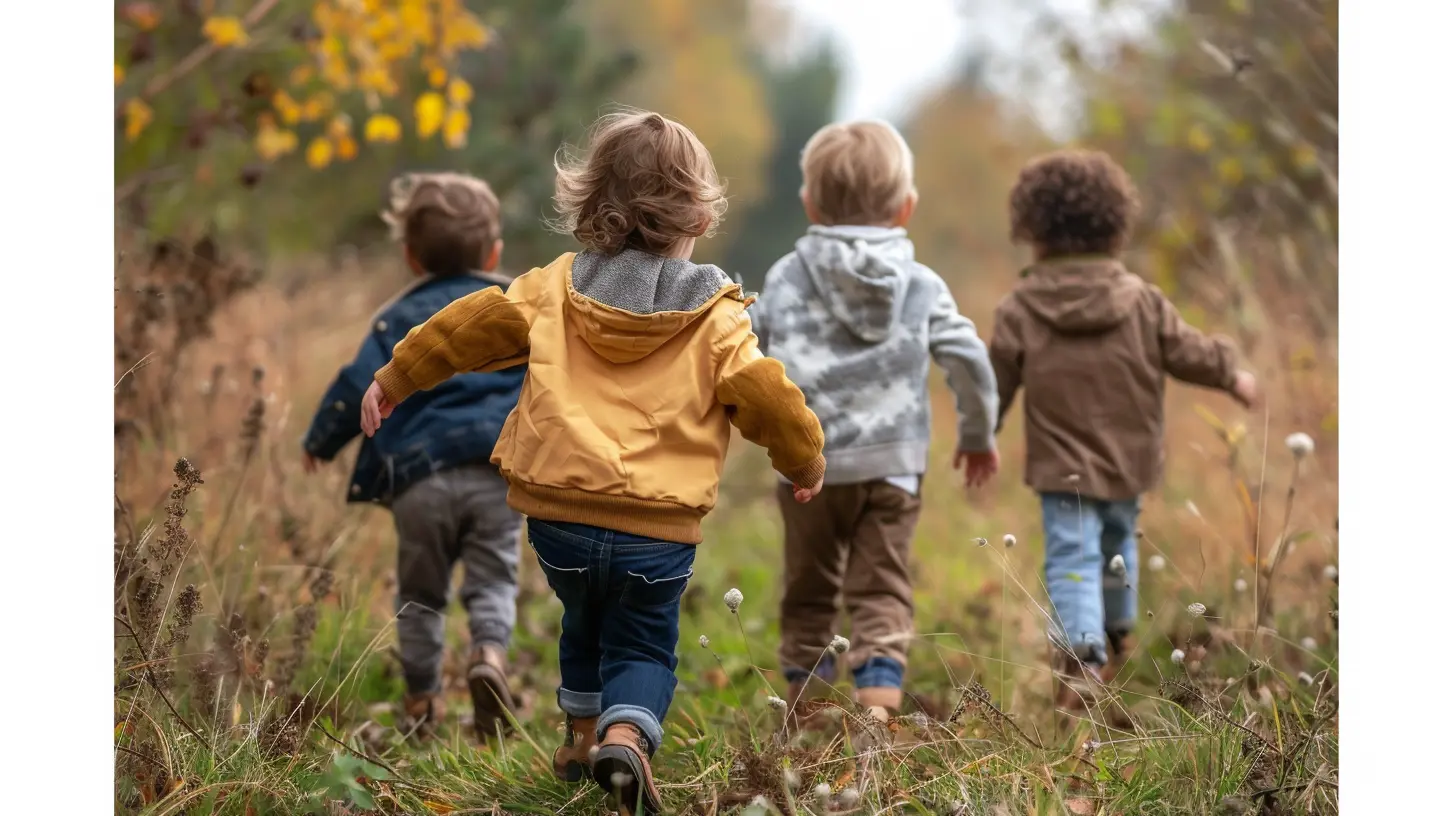
Setting the Stage for a Successful Playdate
Sure, spontaneous get-togethers have their charm, but when your mission is to boost social skills, a little prep goes a long way. Here's how to set the stage:1. Choose the Right Playmate
Not all pairings are created equal. Look for children around the same age and stage as your toddler. You want someone who shares similar energy levels, interests, and temperaments. Think of it like matchmaking for mini-humans.Also, shorter playdates with familiar faces are usually less overwhelming for introverted or younger toddlers. Start small and build comfort from there.
2. Plan the Time Wisely
Avoid nap time. Seriously. An overtired toddler is a ticking time bomb of tantrums. Aim for late morning or early afternoon when they're fed, rested, and at their social best.Keep the playdate short—30 to 60 minutes is usually perfect for toddlers. More than that, and things can go sideways quickly (trust me).
3. Pick a Safe, Familiar Environment
Home turf helps toddlers feel secure. If your child is hosting, they already know where everything is, which helps reduce anxiety. And if you’re the guest? Bring a familiar toy or comfort item to ease the transition.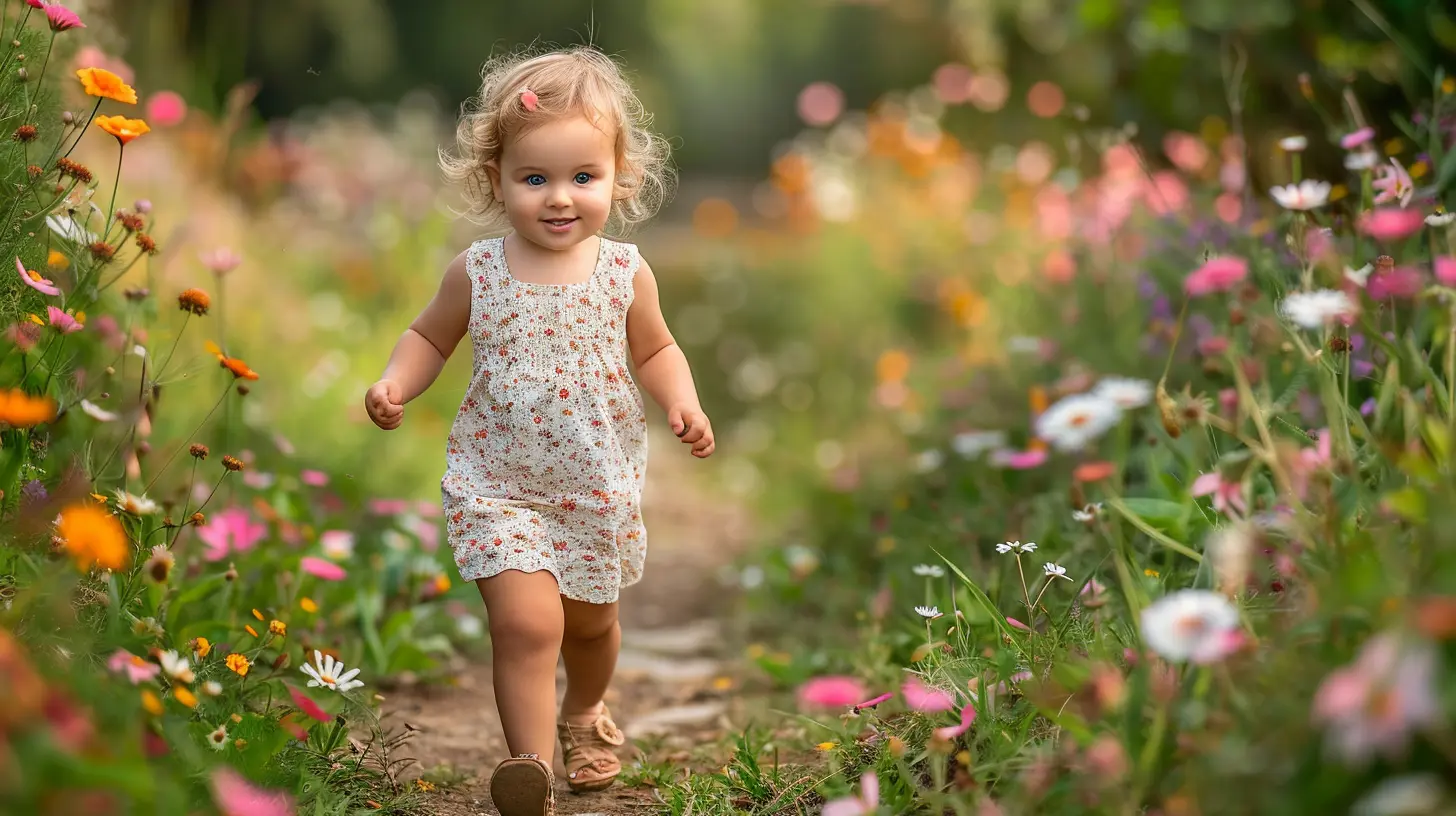
Guiding the Play (Without Controlling It)
Now, here’s the tricky part: stepping in just enough to guide them, but not so much that you’re running a puppet show.1. Start With Parallel Play
If your toddler isn’t ready to interact directly, that’s okay. Parallel play—where kids play side by side without necessarily engaging—is a normal and healthy stage of social development. It breaks the ice and warms them up for interaction.Lay out toys that encourage cooperative play (think building blocks, play kitchens, or toy trains) and let them explore.
2. Narrate the Play
This one's a bit of a parenting superpower. When you narrate what's happening—without judgment—you help toddlers make sense of social situations.For example:
- “I see Maya is stacking the blocks really high. Liam, are you going to try that too?”
- “Oh, Olivia gave the truck back! That was kind.”
Narration helps label emotions and actions, which boosts their emotional IQ. It also subtly encourages pro-social behaviors without making it a lesson.
3. Model Empathy and Patience
Toddlers learn more from what we do than what we say. So, when a toy tussle breaks out (and it will), stay calm and model empathy:- “I know you really wanted that toy. It's hard to wait for your turn.”
- “Let’s ask if we can have a turn when they're done.”
Bonus: when kids see adults handling conflict peacefully, it gives them a behavioral blueprint they’ll gradually start to copy.
Handling the Inevitable Meltdowns
Okay, let’s address the elephant in the playroom—tantrums, tears, and toy wars. Spoiler alert: they’re normal. Really normal.Here are a few tips to handle the chaos with grace:
1. Stay Calm and Neutral
When emotions run high, toddlers need a calm anchor. Avoid scolding or shaming. Instead, get down on their level and validate their feelings:- “You're upset because you can't play with that toy. It's okay to feel sad.”
2. Intervene Gently
If a conflict is escalating, step in with gentle guidance. Suggest alternatives like trading toys or taking turns. If needed, redirect to a new activity.3. Use It as a Learning Moment
After things cool down, talk to your toddler about what happened:- “How did you feel when your friend took the toy? What could we do next time?”
These mini debriefs help your child process emotions and build better strategies for the future.
Celebrating the Small Wins
Social development is a slow and steady journey. Toddlers won’t come out of one playdate as mini diplomats. But every tiny moment—a shared laugh, a successful turn-taking, a “please” or “thank you”—is a building block.Celebrate those wins! Point them out to your child:
- “I saw you gave your friend a toy. That was so kind!”
- “You waited patiently for your turn with the slide. That’s really hard, and you did it!”
Positive reinforcement goes a long way in encouraging repeat behaviors.
Making Playdates a Regular Thing
Like anything in parenting, consistency is key. Aim for regular playdates—once a week or bi-weekly if possible. Keep rotating playmates so your child learns to adapt to different personalities and play styles.Over time, you’ll start seeing growth, not just in your toddler’s social abilities, but in their confidence, communication, and even emotional resilience.
Playdate Ideas That Boost Social Skills
Need a little inspiration? These activities are low-prep and high-reward for encouraging interaction:1. Building Together
Give them a box of blocks or Legos and encourage them to build something side by side or cooperatively.2. Role Play Fun
Dress-up clothes, dolls, and kitchen sets foster imaginative play that’s rich in social cues and collaboration.3. Art Projects
Set up a paint station or make simple crafts. Encourage sharing supplies and admiring each other’s masterpieces.4. Obstacle Courses
Soft pillows, tunnels, and balance beams can be great for turn-taking and cheering each other on.When Playdates Don’t Go as Planned (And That’s Okay)
Not every playdate will be a social breakthrough. Some days your toddler just isn’t feeling it. That doesn’t mean you’re doing anything wrong.Remember, you’re planting seeds. Some might not sprout right away, but over time, with love and consistency, they will bloom.
It’s all part of the messy, beautiful process of raising a human.
Final Thoughts: Keep it Real and Keep it Fun
Using playdates to boost your toddler’s social skills doesn’t require a Ph.D. in child psychology or a color-coded schedule. It just takes a little intention, a lot of patience, and a willingness to roll with the chaos.So breathe. You’ve got this.
Every meltdown is a learning opportunity. Every giggle is a sign of connection. And every playdate—no matter how short—builds the social muscles your toddler needs for life.
Let’s raise kind, confident, socially savvy kids—one playdate at a time.
all images in this post were generated using AI tools
Category:
Toddler MilestonesAuthor:

Karen Hurst
Discussion
rate this article
2 comments
Seraphis Burton
Playdates foster sharing, teamwork, and communication skills.
November 22, 2025 at 5:26 PM

Karen Hurst
Absolutely! Playdates are a fantastic way for toddlers to practice these essential skills in a fun and engaging environment.
Christa McIlroy
Playdates empower kids—don't underestimate their value!
August 8, 2025 at 3:17 PM

Karen Hurst
Absolutely! Playdates are essential for developing social skills and fostering friendships in young children. They provide invaluable opportunities for learning cooperation, empathy, and communication.
